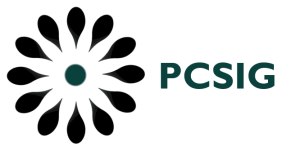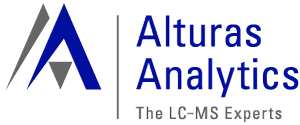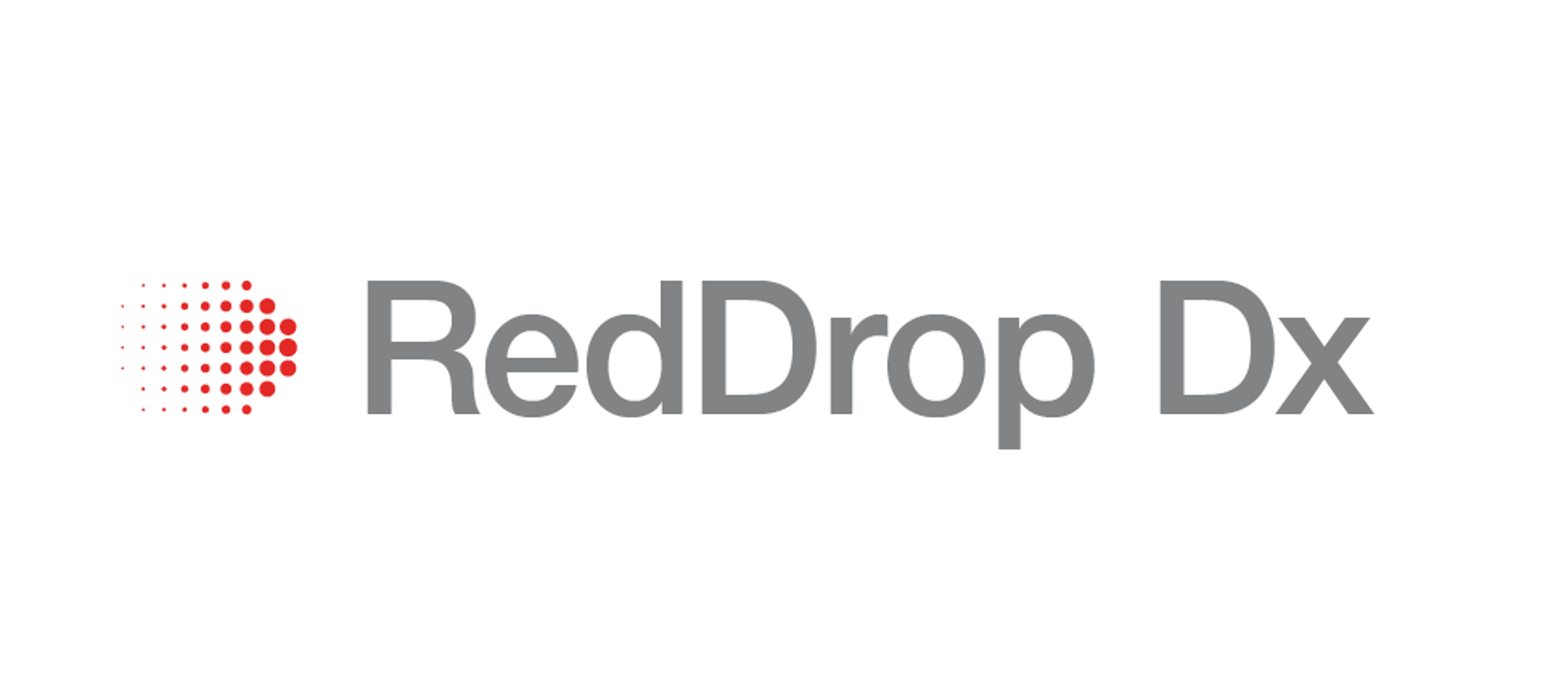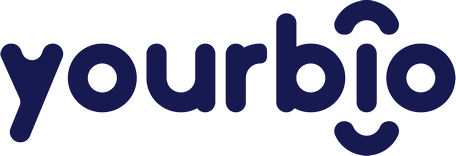WEBINAR: Microsampling: what do we need to do to accelerate the real-life uptake? – VIEW ON DEMAND
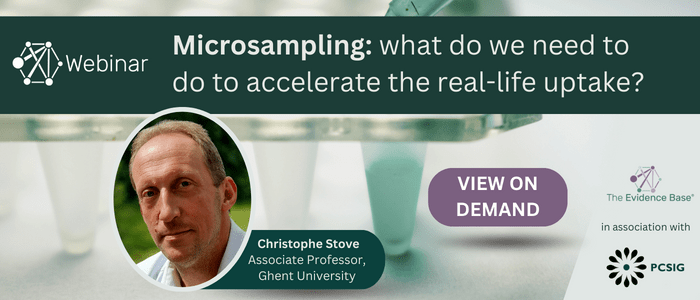
Dried blood microsampling, originating in the newborn screening field, and also currently routinely applied in preclinical (animal) studies in the pharmaceutical industry, is increasingly receiving attention in the field of clinical chemistry. Many dried blood spot (DBS)-based methods have been developed for a variety of applications; for example, phenotyping, therapeutic drug monitoring, doping analysis and toxicology.
Despite the numerous advantages, there are several drawbacks and limitations for implementing dried blood microsampling in (clinical) routine. The past years have witnessed multiple methodological and technological developments that have helped to move the field forward; however, despite many advances, and despite a multitude of applications demonstrating the feasibility of dried blood microsampling for, e.g., therapeutic drug monitoring purposes, widespread implementation of dried blood microsampling in routine clinical care is still lagging behind.
This presentation will provide an overview of the distinct requirements for routine implementation of dried blood microsampling.
Of specific interested for people involved in clinical trials, epidemiological studies or longitudinal patient follow-up.
What you will learn
- Key advantages of dried blood microsampling
- Key issues associated with dried blood microsampling
- Key areas in which dried blood microsampling may be used
- Key technological involvements during the past decade
- How to correctly perform dried blood microsampling studies
Ideal for:
Of specific interested for people involved in:
- Clinical trials
- Epidemiological studies
- Longitudinal patient follow-up
Speaker

Christophe Stove, PharmD, PhD
Associate Professor, Laboratory of Toxicology, Ghent University, Belgium
Christophe Stove, PharmD, PhD is Associate Professor at Ghent University, Belgium, where he heads the Laboratory of Toxicology at the Faculty of Pharmaceutical Sciences. Besides teaching some five courses (including toxicology, drug toxicity and bioanalysis), he directs the Lab’s service activities (forensic toxicology and reference laboratory activities) and steers the research, which covers applied cell biology and pharmacology, as well as bioanalysis. He has an extensive publication record (over 250 publications), with many publications in leading journals in the field, and serves as a corresponding author on the vast majority of these. He has an H-index of 48, has been cited over 7500 times (Google Scholar) and is currently Board/Council Member of 2 national (BLT, KBGGG) and 2 international (TIAFT and IATDMCT) associations.
Moderator
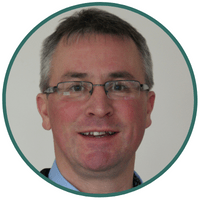
Neil Spooner
Director
Spooner Bioanalytical Solutions
Neil is the Founder of Spooner Bioanalytical Solutions, helping companies to integrate biological fluid microsampling, and patient centric sampling and analysis into workflows. He also works with organizations to develop technologies and introduce them to the market. Neil also assists organizations with their understanding of emerging trends in the pharmaceutical industry and bioanalysis. Neil is a Senior Visiting Research Fellow at the University of Hertfordshire, Editor in Chief of the journal, Bioanalysis, Founder of the Patient Centric Sampling Interest Group and Co-Chair of the Reid Bioanalytical Forum. He has published over 70 peer reviewed manuscripts and delivered over 50 podium presentations.
Alturas Analytics: Alturas Analytics provides expert GLP & non-GLP LC-MS/MS and GC-MS/MS bioanalytical and PK/TK analysis services of small and large molecules in any matrix for discovery through Phase IV clinical trials.
Capitainer: Dried blood spots (DBS) is now quantitative with volumetric control through our microfluidic qDBS technology solution. Precision, accuracy, sample protection and ease of use both at sampling and in the lab are key features for us in all product development.
Genentech: Founded more than 40 years ago, Genentech is a leading biotechnology company that discovers, develops, manufactures and commercializes medicines to treat patients with serious and life-threatening medical conditions. The company, a member of the Roche Group, has headquarters in South San Francisco, California. For additional information about the company, please visit gene.com.
RedDrop Dx: Next generation blood sampling solutions.
Roche: Doing now what patients need next.
Tasso: Tasso is an emerging healthcare technology company that is transforming the traditional blood collection paradigm with a patient-centric approach. The company’s devices enable simple, convenient, and virtually painless blood collection for users. Tasso technology has the power to bring healthcare anywhere, any time.
Veloxity Labs: Veloxity Labs is a CRO focused on LC-MS bioanalysis. Our company is employee owned and operated, and offers start-up times and turn-around times in days by maintaining 80% capacity.
YourBio Health: YourBio Health, makers of the TAP® device, was founded by Flagship Pioneering in 2007. TAP® is the world’s first push button collection device and features patented Halo™ microsampling technology that a enables a patient blood sample to be collected without the pain of a fingerstick or need for traditional phlebotomy. Our patient-centric device is virtually painless, easy-to-use, and enables the collection of a high quality, high volume blood specimen from any setting – clinical or in-home, allowing a more comfortable and less disruptive experience for the patient. We eliminate barriers to blood collection.
In association with
For more info on the PCSIG, please visit www.pcsig.org and follow on LinkedIn here.
Sponsored by
For more info on the Patient Centric Sampling Interest Group (PCSIG), please visit https://www.pcsig.org/ and follow on LinkedIn here.
If you are interested in partnering with The Evidence Base for future webinars, please contact [email protected].

